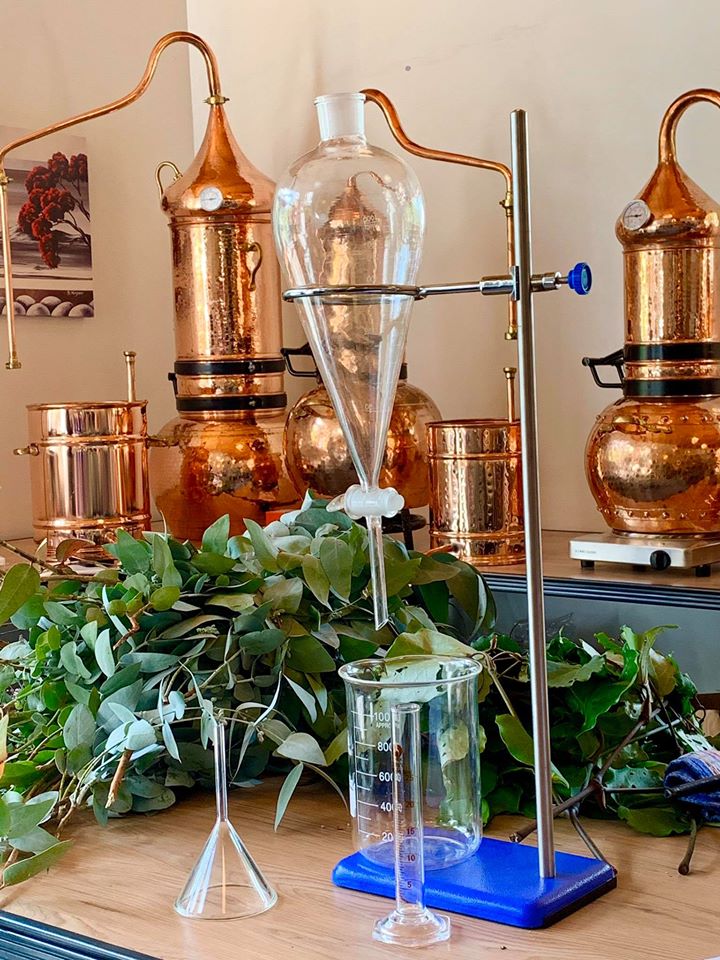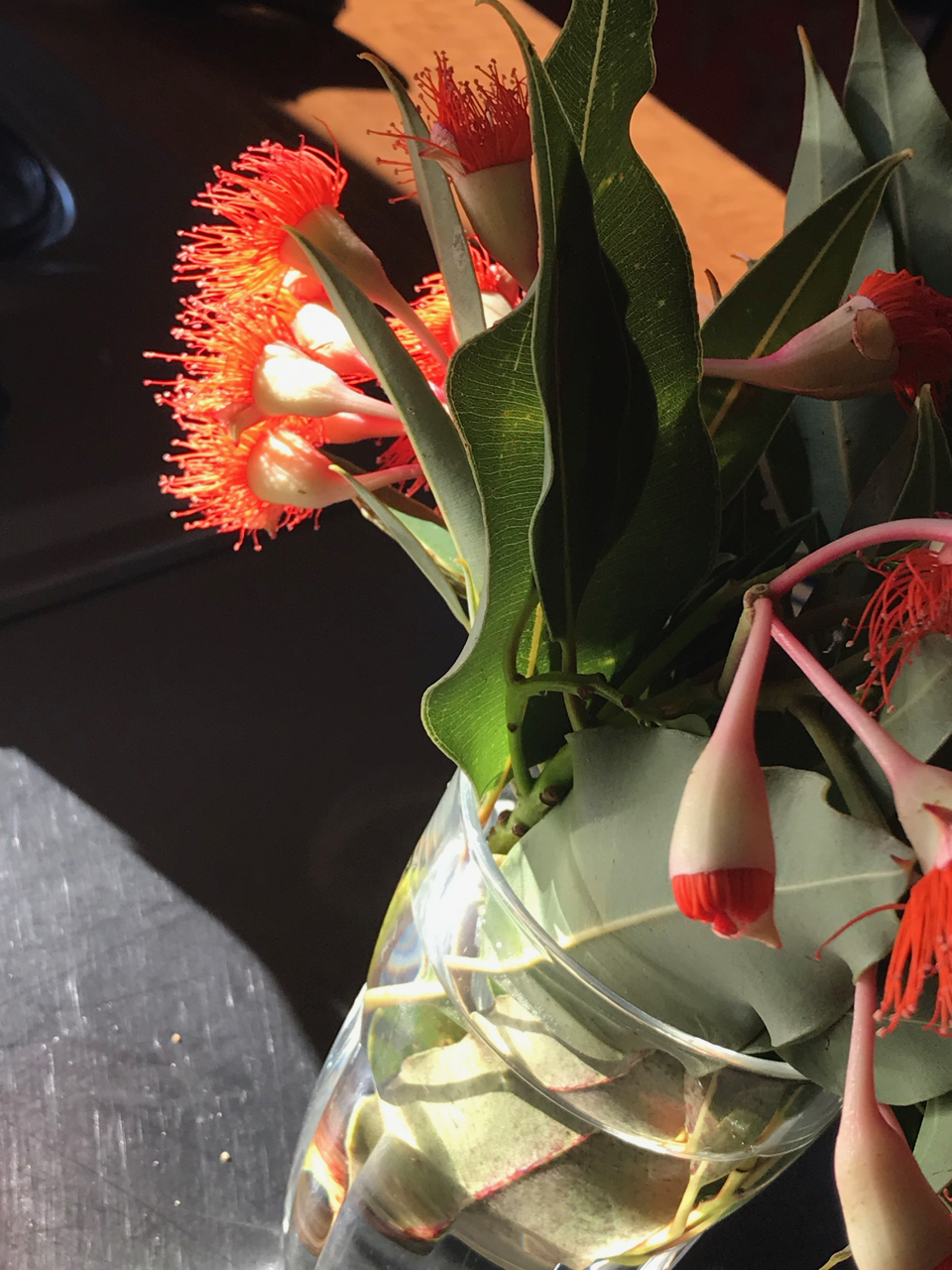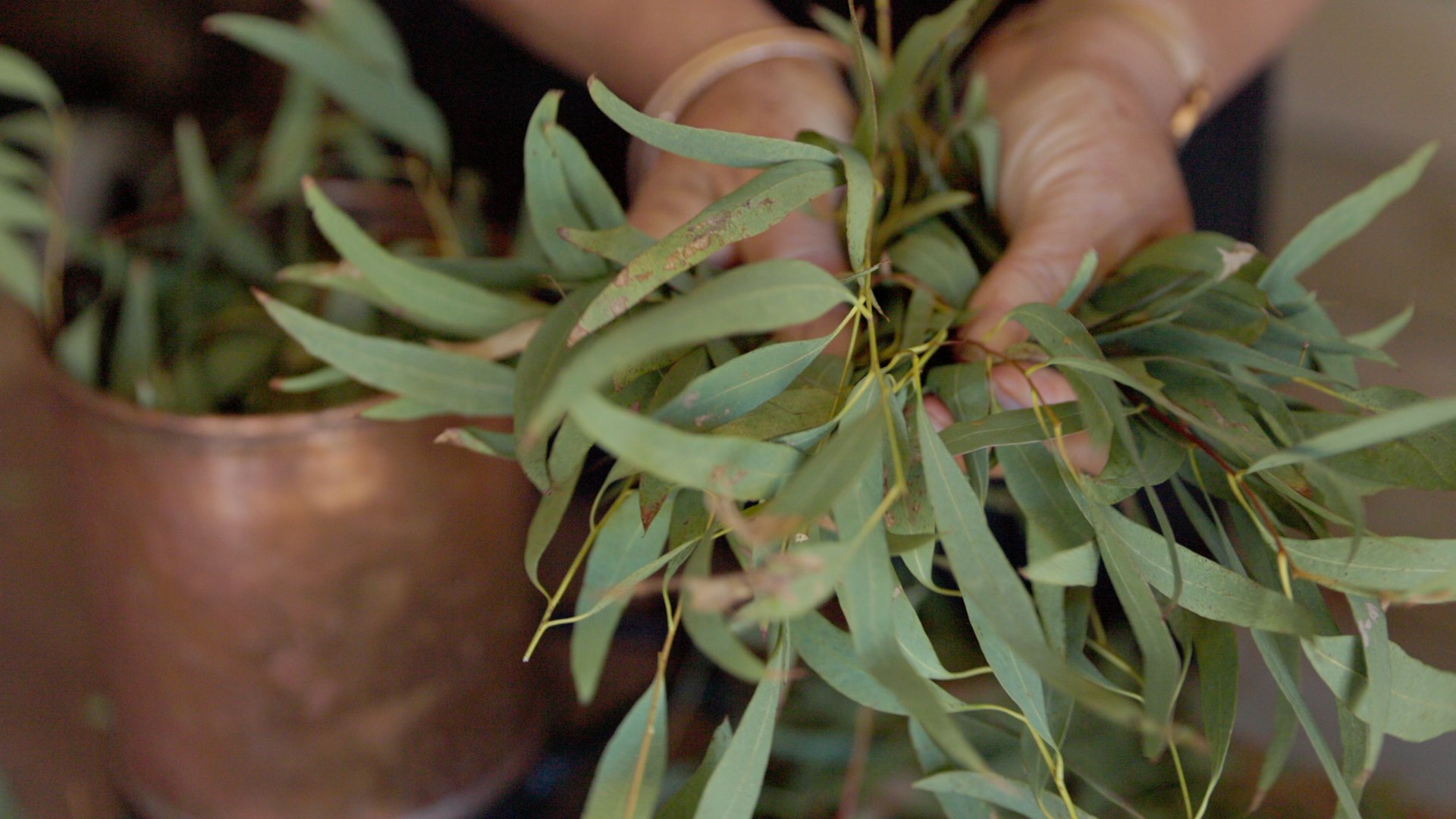Distillation is a growth industry in Australia, here’s how to get started
Distilling at home is legal in many countries, but as rules vary in each jurisdiction you need to know your local regulations before you begin. New Zealand (where we live and work) has one of the most liberal approaches to still ownership in the world, which is why we have a flourishing artisan distillation community in this country. The Customs Act 1996 made it legal to own and use a still of any size and to distil your own alcohol (as long as you are not selling it).
Australia is another country with a burgeoning distilling scene (both aromatic and alcoholic), as its laws—though not as permissive as New Zealand’s—make it achievable for people to get their start in distilling.
Australia has seen significant recent growth in both artisan spirit set-ups and aromatic distillation outfits. These are fueled by a number of factors—for spirits, people are drinking less but spending more on premium products. They’re attracted to unique local botanicals, buying local and encouraged by recent advancements in e-commerce that were driven by the pandemic. And of course, there’s the gin boom.
All this has meant there’s been a strong growth in craft alcohol distilleries over the past 15 years (going from a dozen to over 600) with the bulk of that growth happening in the last 5-7 years. Many of these are small operations, and while the relatively high rate of excise tax on spirits in Australia is cited as being a handbrake on growth, the Spirits Beacon reports that ‘micro distilleries with strong local sales, small overheads and loyal followings are an entirely sustainable business model.’
There’s also been a worldwide surge in sales of Australian essential oils (like tea tree, eucalyptus, sandalwood and lemon myrtle). This has been driven by the increasing demand for natural products and interest in the unique aroma profiles and properties of these native plants.
In 2018 the ABC ran an article headlined ‘Essential oils quickly becoming nature’s gold for Australian farmers’. Lavender has become a significant crop for farmers, but it’s also this boom in interest in Australian essential oils that is fueling growth. There are farms all over the country now growing, harvesting and producing their own aromatic products, and many are also focusing on sustainable and renewable farming practices.
So here’s what you need to know to get started in distilling: First you need to ask yourself these two questions: Will you be making alcohol? And what size still do you want?
What are the Australian rules?
- People can freely own a still with a capacity of 5L and under without needing any permission from the ATO (Australian Taxation Office).
- Stills over 5L will need permission from the ATO (you can apply on their website, and it’s free).
- Producing alcohol (for drinking or any other purpose)? You need an excise license (regardless of still size, because an excise license is about what you produce, not about still ownership). The ATO also issues these licenses, which are free, but it is a detailed process—and you’ll have to pay tax on the alcohol you produce.
- Distilling water and distilling plants for essential oil and hydrosol (aromatic waters) is completely legal.
So if you’d like to start distilling, buying a smaller still (3 or 5L) and getting to know the process of aromatic distilling is a great way to go. We also always recommend it as the best way to learn as you get hands-on experience and the distillations are relatively short and easy to manage. Then, if you want to size up, you can get permission for lager stills (you’ll find the forms you need on the ATO website).
It’s important for Australians who are looking to distil their own alcohol to understand that they must obtain a license and pay tax on the alcohol they produce (tax revenue is a major reason that many countries regulate the production of alcohol so closely). Because of this you will need to keep detailed records, so you need to work out if this is viable for you depending on your scale of distilling. Those wanting to can apply for an Excise Manufacturer License here.
Organisations like the Australian Distillers Association that have great resource and peer networks for spirit distillers, and the Distillers Institute also runs a self-paced, online course that helps you navigate your way from concept to commercialisation.







I would be using a 5lt. copper alembic still for making hydrosols..What price am I looking at for a 3 as well as a 5lt. Still?
Hi Deborah – Shipping is free until the end of March and you will also get a complimentary foundation course here
https://thealembicslab.com/alembics-courses/
My favourite till for hydrosols, is the 5L Caskhood. You get some extra plant material in the column, which gives it a brighter, fresher character. But any of our stills are suitable.
https://www.alembics.co.nz/products/copper-stills/#column
Have you seen our Types of still video – you may find it helpful https://thealembicslab.com/courses/types-of-stills/
I want to make my own liquor at home in a 3L still do I need a licence for that?
Hi Sam, yes you do. To use a still of any capacity to distil alcohol in Australia, you will need a manufacturing licence from the Australian Tax Office (ATO). It’s important to know that penalties apply if you manufacture spirits without one. You can check out what you need to do here.
Earlier in this article it was stated that stills under 5L don’t need permission from the ATO, now they do? Which is it?
Hi Jon, happy to clarify. There are two separate issues here, first is the legality of owning a still (do I need permission to buy this?) and the second is what you will produce with it (making alcohol?) both have regulations. So it might be easier first ask ‘what do you want to distil?’ If you are planning to distil alcohol you will need to apply for an excise license from the ATO (no matter what size your still is). If you are NOT distilling alcohol, then you can buy stills up to 5L in size without having to apply for permission. Any still above 5L will need permission (not a license). Does that help?
So for example if you were to buy a 3L still, you don’t need to get permission from the ATO. You can happily use it to distil EO, hydrosol, water – anything non-alcoholic. You could do that for years, but if you then decided you wanted to distil alcohol with that still you then need to look into getting an excise license to do that. And you need to pay tax on the alcohol you produce.
Example two: You decide you want to buy a 10L still to disil lavender essential oil. You need to get permission to buy that size (this is a form you fill out on the ATO website, not applying for a license). No excise license is needed because you are not distilling alcohol.
Hi is there anywhere that would allow me to calculate the amount of tax i would have to pay if i produced at home alcohol for personal use in australia?
Hi Brett, there is guidance on how to calculate that here on the ATO’s website https://www.ato.gov.au/businesses-and-organisations/gst-excise-and-indirect-taxes/excise-on-alcohol/calculating-alcohol-excise-duty
What if I just want to brew 1 liter of bourbon ever other month, for personal consumption!
Hiya, it’s not about how much (or little) alcohol you will be distilling – to distil any amount of alcohol in Australia you will need a manufacturing license from the Australian Tax Office (ATO). It’s important to know that penalties apply if you manufacture spirits without one. The Australian Distillers Organisation would be a good place to contact with how much you’re planning to distil, and what’s the best way to approach it.